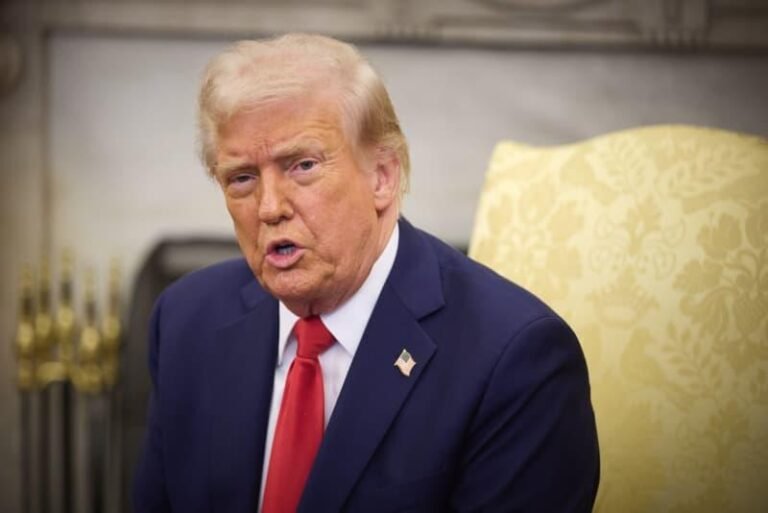Former U.S. President Donald Trump reportedly bypassed the Pentagon and personally ordered an attack on Iran, according to several American news outlets. The planning and timing of the strike were managed directly by the White House. Reports suggest the Pentagon had limited involvement in the final decision-making process.
The controversy has sparked tension even within Trump’s own Republican party. According to ABC News, the Pentagon began preparing for an Iran strike after Trump publicly stated that Iran would have two weeks to comply with certain conditions. However, the expected coordination between the Pentagon and the White House reportedly broke down.
Sources say Trump called then-Defense Secretary Pete Hegseth himself to issue the command for the strike. This direct action reportedly surprised and concerned several top officials, both military and political.
The Pentagon, which traditionally oversees such military operations, was allegedly sidelined in key parts of the planning. The White House is believed to have managed the details of the operation in a very small circle, excluding standard military protocols.
This unorthodox approach has led to sharp criticism from several Republican lawmakers. Some voiced concern that the president made a major military decision without broader consultation or oversight. Others worry that bypassing the Pentagon could set a dangerous precedent for future leaders.
Senior defense officials, according to unnamed sources, were caught off guard by Trump’s direct involvement. Traditionally, such military decisions go through a chain of command. But in this case, Trump is said to have skipped that chain, acting on his own judgment.
The attack on Iran has also raised questions about the legal authority behind it. Critics say such a move should require congressional input, especially when there is no immediate threat to national security. Legal experts are also debating whether Trump’s action aligns with the War Powers Act.
Political analysts note that Trump’s decision may have been driven by political motives as much as military ones. Some suggest he was aiming to show strength during a period of domestic challenges. Others say the move was meant to divert attention from growing political pressure at home.
The Republican party is now divided on the issue. While some members have defended Trump’s right to act as commander-in-chief, others believe the decision was too risky and lacked proper planning. This internal disagreement could shape future debates on presidential war powers.
Public reaction has also been mixed. Some Americans support Trump’s strong stance against Iran, while others fear that bypassing military protocols could lead to miscalculations in future conflicts.
In Washington, the incident has triggered fresh calls for reforming how military decisions are made. Lawmakers from both parties have suggested new checks to ensure presidents cannot act unilaterally in matters of war without oversight.
The fallout from the strike continues to unfold. Congressional committees are expected to investigate the incident further. Many are calling for full transparency on how the decision was made and who was involved.
While Trump has not made a detailed public statement about the matter, he has defended his right to protect national interests. His supporters argue that swift action is sometimes necessary to deal with threats abroad. But critics say even fast decisions should follow legal and military procedures.
Observers believe this case could become a major point of debate in future elections. Questions about war powers, military oversight, and presidential authority are likely to play a central role in shaping public opinion.
The Trump Iran attack order has not only affected U.S. foreign policy but has also reopened long-standing debates about executive power. How this issue develops could impact both national security policy and presidential accountability in the years ahead.







